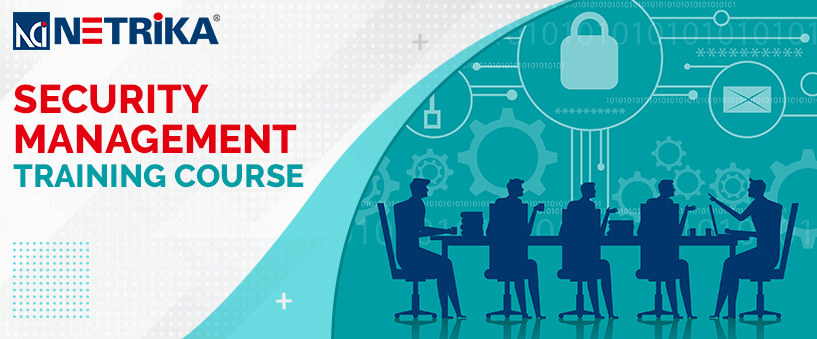
Security Management Training Course
Security Management Training Course
Certificate in corporate security management is a professional’s ultimate guide light on protecting the business from business threats and avert its root cause. Considering the gamut of professionals in the business landscape offering corporate security domain, it becomes hard to decide the best fit for the safety and security of your organization. This is where a security management course, with a global presence and proven effectiveness takes charge.
CCSMS (Certified Corporate Security Management Specialist) Course, with its adoption of best business practices, and priorities, security doctrine is one of the best corporate security certification courses. Moreover, its strategically planned curriculum aimed at identifying, analyzing, planning, administrating, quantifying and monitoring the security function makes the course ideal for professionals.
With its comprehensive curriculum, the corporate security management course demonstrates the amalgamation of security with organizational competencies.
Corporate security management curriculum
Corporate security certificate online or offline course forms part of the four specialised verticals in the Corporate Security Management Program Series. It comprises 2 certification training programs covering various components and facets of corporate security and risk & crisis management perspective.
The topic encapsulates a series of sub-components highlighting and communicating about the risk landscape in the corporate world, the challenges it faces and its consequences. It perceives the security domain in businesses as an integral part of and among the business units in the organization. It addresses how the corporate security entity progresses and leaves a positive imprint as well as an impact on the organization. The topic penetrates the elements of corporate competitive intelligence, business espionage and corporate espionage. A professional will understand of the key corporate security management principles and their correlated applications and functions within a corporate culture. The sub-topics under business & corporate security management include:
- Corporate Security today
- Threats & Challenges
- Security Management Principles & Strategic Structures
- Espionage: Corporate, Industrial & Economic
- Success, Failure & the Consequences
The topic encompasses an expansive understanding of risk management by accurately assessing and quantifying corporate risks. The certificate in security risk & crisis management observes risk & threats posed by corporates to be the norm and not an exception. The course includes how corporate security manages emergency planning & response, contingencies, countermeasures and mitigating risk factors through a robust curriculum. The sub-topics under security risk & crisis management include:
- Threat & Challenges
- Emergency Planning & Responses
- Risk Mitigation, Contingencies & Countermeasures
- Business Continuity / Resiliency
- Crisis Management
Why learn Corporate Security with Netrika?
Netrika is a highly respected, reliable and trusted source of training security management for career-oriented minds. Our comprehensive view of exclusive training programs focuses on career development while imbibing theoretical and practical learnings. This assists in professional growth and helps in securing an ascending career graph in the global job market.
The corporate security management course (CCSMS) from Netrika unfolds the strengthened competency of the Corporate Security portfolio. Being one of the best security courses in India, it equips aspirants with how security manages emergency planning, response, mitigating risk, designing contingencies and countermeasures.
The participants understand key security management principles and their interrelated applications and functions within a corporate culture. The course provides insights into the evolving risk landscape, physical security trends and global corporate security factors.

